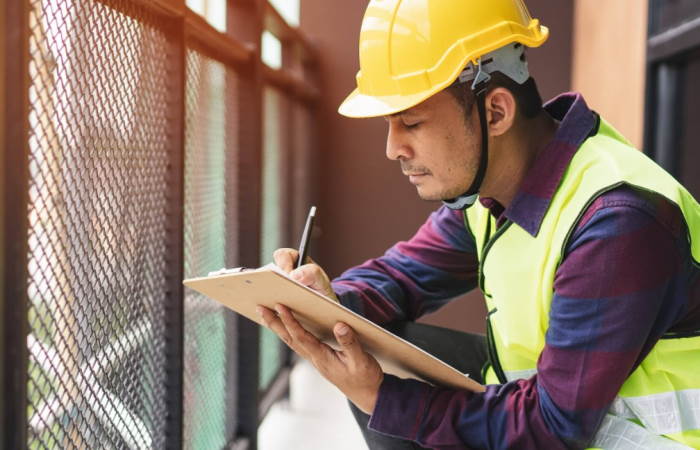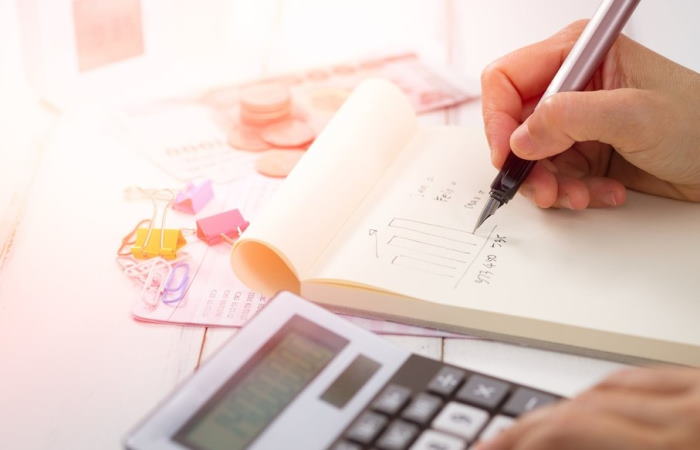Essential Property Maintenance Services for Landlords
Being a successful landlord requires wearing many talents: from advertising and marketing your rental property, finding and screening tenants, taking care of the finances and paperwork, and more importantly, keeping the property in a good livable condition. Doing preventative maintenance and emergency repairs is part of the job description. After all, you want to take good care of your property and keep good tenants happy. So how do you tackle this challenge? Here are some property maintenance services for landlords you need to know about.
Essential Property Maintenance Services for Landlords
Keeping up with all the important maintenance needed for your property can be quite exhausting, especially if you don’t have a plan. Planning keeps you from overlooking your upkeep and avoiding costly and dangerous consequences.
A maintenance plan helps mitigate the risk of potential hazards, such as fires from faulty wiring and bad connections, injuries from falling building materials, etc. The last thing you want is to get sued by your tenants for negligence. Not to mention having to deal with bad reviews and hefty insurance premiums. To avoid these kinds of hassles, you should stay on top of your maintenance measures.
Here is a quick checklist of the maintenance you need to do for your property.
- Check for leaks and water damage (especially after a big storm or snowmelt)
- Test the carbon monoxide and smoke detectors regularly
- Replace air (HVAC) filters frequently (high-end pleated filters can last 6 months, while less expensive fiberglass models must be replaced every 30 days).
- Check for signs of pest infestations monthly (or quarterly, depending on the location)
- Check the fire extinguishers
- Tighten the faucets, knobs, handles, locks, etc.
- Re-caulk showers and bathtubs (extremely important for preventing molds and leaks)
- Flush water heater
- Clean gutters
- Trim (or even remove) trees that threaten the power lines or other structures
Obviously, this list is just an example. You will have to tailor your regular maintenance schedule based on the specifics of your property.
Creating maintenance schedules
Another factor you need to consider is to schedule maintenance for capital expenditures or bigger tickets projects such as repainting walls, replacing carpets, etc. Obviously, this depends on the general wear and tear of your rental unit. However, the general rule is to take care of these things (carpet replacement, interior painting, etc.) every three years or even more regularly.
Perform routine preventative maintenance
Prevention is always better than cure. Thus, to prevent extensive and expensive repairs, you should have a preventative maintenance schedule for your rental property. This includes monthly tasks, seasonal, and yearly inspections. Scheduling maintenance work can help you spot potential issues before they become serious problems. It can help you prolong the life of your valuable asset and more importantly, minimize the chances of urgent and expensive repairs.
Here are the different types of inspections you need to do:
- Move-in inspections – This is a walk-through inspection you will do with your tenant before they move in. This gives you the chance to document the condition of the property before you hand the keys to your tenant, and gives your tenant the opportunity to identify potential concerns.
- Routine inspections – Ideally done on a quarterly basis, a routine inspection is a way for landlords to keep track of the condition of the property. Obviously, you need to provide prior notice to your tenant before entering the property. You can, of course, include this in the terms of the lease and specify all the particulars regarding your routine visits, along with the local laws that are associated with it. Moreover, this is a good opportunity for both the landlord and the tenant to discuss potential and existing problems, and address them, especially the urgent ones.
- Drive-by inspection – As a landlord, you can routinely stop by your unit and see the condition of your property from the outside. This helps spot issues such as the unauthorized presence of pets.
- Move-out inspection – As its name implies, this inspection is done when the tenant moves out. This will give both the tenant and landlords the opportunity to identify damages incurred during the tenant’s stay in the property and devide what is normal wear-and-tear. This is important for assessing the tenant’s security deposit.
Tips on how to provide good property maintenance
Respond to requests timely
Make it easy for your tenants to communicate with any issues, especially when it comes to the maintenance work of the property. Tenants want to have an assurance that somebody is getting their message and that their concerns will be addressed. Moreover, make sure you respond to their messages in a timely manner.
Track and handle expenses effectively
Doing preventative maintenance and repairs requires spending money. Thus, to stay on top of your finances, you need to track your spending on contractors, materials, tools, and equipment too.
Should you DIY or Hire Professionals?
Unless you are Manny Garcia from Handy Manny, you won’t be able to do all the preventative maintenance and repairs on your own. If you value your time, then you know the importance of hiring people to do specific jobs for you. Professional service contractors have the knowledge, skills, experience, and equipment to conduct honest assessments and thorough maintenance works on your property.
While it is tempting to opt for DIY and save a couple of hundred dollars, some tasks and repairs are better left to the professionals, such as electrical, plumbing, and pest control. The good thing about service contractors is that you can call them any time you need emergency repairs. This is an important thing to remember since service calls can come at any time, day or night. Should you decide to do the maintenance yourself, be prepared for all eventualities.
Takeaway
Doing maintenance work in your rental property will help you keep good tenants for a longer time. Consider it as an investment, not just for the longevity of your property, but for your monthly income. The good thing is you actually don’t have to do all the hard work yourself. You can hire a property manager to take care of these things or hire contractors and have them on call for emergency repairs.
Moreover, good rental maintenance starts right at the tenant screening process. A responsible tenant, with a good credit history, and good references will likely take good care of your property.


